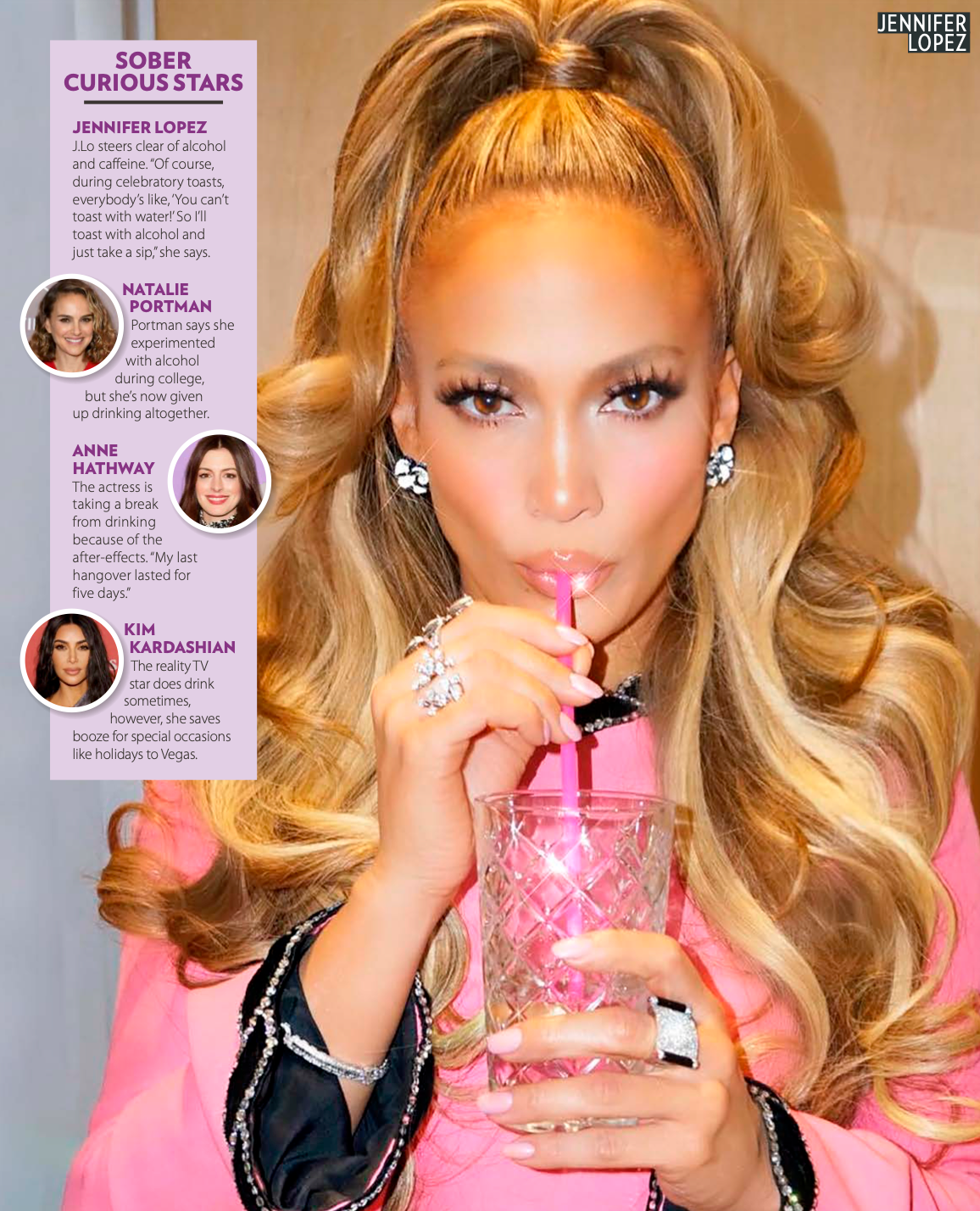Here are 3 updates from the latest research.
Fibre
High fibre intake is linked to a reduced incidence of breast cancer,
according to a systematic review published in Cancer. Researchers compared fibre consumption and types of fibre intake with breast cancer incidence rates; and found that individuals who consumed the most fibre had an 8% lower risk for premenopausal and postmenopausal breast cancers compared to individuals who consumed the least amount of fibre. Soluble fibre (such as in oats, peas, beans, carrots and barley) and fruit fibre had the strongest associations with reduced risk of breast cancer.
It is recommended that adults consume at least 25-30 g of fibre daily. Here is an example of how daily dietary fibre requirements can be met (Source: Dietitians Australia).
Farvid MS, Spence ND, Holmes MD, Barnett JB. Fiber consumption and breast cancer incidence: A systematic review and meta-analysis of prospective studies. Cancer. 2020;126(13):3061-3075.
Coffee
Consumption of caffeinated coffee is not associated with an increased risk of various cancer types,
according to a review article published in The New England Journal of Medicine. Rather, coffee consumption is associated with a slightly reduced risk for breast, skin and prostate cancers, as well as a significantly reduced risk for liver and endometrial cancers.
If you enjoy your coffee or tea, you can continue drinking these caffeinated beverages without being too concerned about their potential negative effects on your risk of breast cancer.
van Dam RM, Hu FB, Willett WC. Coffee, Caffeine, and Health. N Engl J Med. 2020;383(4):369-378.
Sugary Drinks
Drinking sugary drinks is linked to a significantly increased risk of cancer,
according to a large prospective study published in The BMJ. Researchers investigated the relationship between drinking sugary drinks or artificially sweetened beverages and risk for first cancer in 10,1257 healthy adults. Results showed a 100 ml per day increase in consumption of sugary drinks is associated with a significantly increased risk for overall cancer and breast cancer. Drinking 100% fruit juice had the strongest association with increased risk for overall cancer.
Whilst the study does not prove a direct causal link, the findings support limiting intake of drinks high in added sugars such as soft drinks (Coca Cola 600 mL = 64 g of sugar), cordials, fruit drinks, vitamin waters, energy (V Energy Drink 500 mL = 53 g of sugar) and sports drinks (Gatorade 600 mL = 36 g of sugar). The WHO guidelines recommend adults limit their daily intake of free sugars to less than 10% of their energy intake; which works out to be no more than 55 grams or 13 teaspoons of sugar per day (based on an average adult Australian on a diet of 87000 kJ a day).
Chazelas E, Srour B, Desmetz E, et al. Sugary drink consumption and risk of cancer: results from NutriNet-Santé prospective cohort. BMJ. 2019;366:2408.




